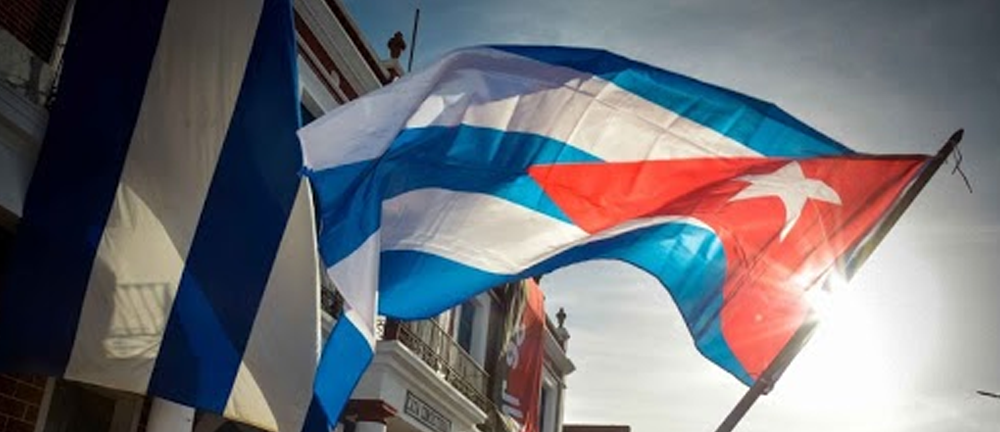Innumerable religious organisations, institutions and fraternal associations exist and function in the Republic of Cuba which have structures at the national, provincial and local levels. For their work they group their members, both in an evangelising function as well as a social and ethical one, in defence of peace, solidarity towards the most needy, humanism, citizen responsibility and family, institutional and national unity.
In 2021 there were 1,850 religious organisations and institutions and fraternal associations in Cuba, whose membership reached a million and a half people.
The Cuban government recognises, guarantees and respects religious freedom. The guarantees of freedom of worship include constitutional and criminal protection.
The 2019 Constitution of the Republic sets forth the principles in relations with religions and believers and states:
Article 15. The State recognises, respects and guarantees religious freedom. The Cuban state is secular. In the Republic of Cuba, religious institutions and fraternal associations are separate from the State and all have the same rights and duties. Different beliefs and religions enjoy equal consideration.
Article 57. Every person has the right to profess religious beliefs or not, to change them and to practise the religion of their choice, with due respect for others and in accordance with the law.
For its part, the new Cuban Penal Code, Law No. 151, published in the Official Gazette of the Republic on 1 September, defines:
The religious affiliation of the people, or the absence of it, are not limitations to access positions and jobs of the State, the Public Administration and the provision of services.
The religious and fraternal sector in Cuba. The blockade as an impediment to its full development.
All religious institutions and organisations and fraternal associations develop, with total independence and autonomy in relation to the State, their social activities, the training of their personnel, the appointment of their leaders and their movements within and outside the country and are not subsidised by the Cuban state.
Cuban religious institutions train and prepare their personnel, including obtaining scientific degrees such as master’s degrees and/or doctorates in theology, which they do with full freedom and without limitations for the selection and incorporation of their personnel to the studies in their seminaries or abroad. The Catholic Church has seminaries and novitiates for the training of its diocesan personnel or male and female religious orders and congregations. Tens of young Cubans complete their studies in seminaries and universities in different countries.
All religious institutions carry out activities of a social nature with different profiles, including the administration of nursing-homes and grandparents’ homes, for which they have the support of the Cuban State. They carry out joint projects with Health and Education entities for the benefit of people with disabilities, and several of them have obtained land for food production, in accordance with current agricultural legislation.
The prison population in Cuba receives individual and collective spiritual care. In addition, masses and services are held in prisons across the country.
Religious organisations broadcast radio programmes and speeches by the bishops of the Catholic Church, as well as other programmes of the Cuban Council of Churches. Even during the pandemic the transmissions of these programmes and speeches were maintained.
Cuban religious institutions maintain relationships with counterparts and other personalities abroad, receive delegations and guests of that nature, and organise events. Several religious institutions are part of homologous international structures.
Numerous publications of various denominations, religious organisations and fraternal associations circulate in the country. More than thirty are registered in the Registry of Publications of the Cuban Book Institute. Through the Biblical Commission of Cuba, every year tens of thousands of copies of biblical material are received in the country.
The economic, commercial and financial blockade by the United States has caused considerable deprivation and human damage to the people of Cuba that seriously harms the country’s economy and hinders development. The Cuban Churches have also been victims of the blockade, as Pope John Paul II pointed out during his unforgettable visit to Cuba in 1998. There are several statements denouncing it sent by North American churches to the President of the United States.
Religious freedom in Cuba is a right of every Cuban, for whom without the limitations imposed by the blockade it would be easier for them to fully develop.






